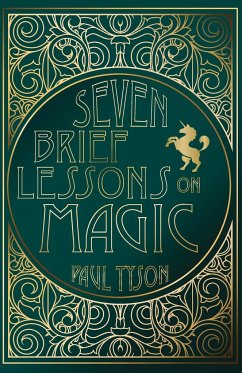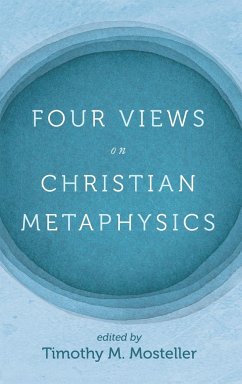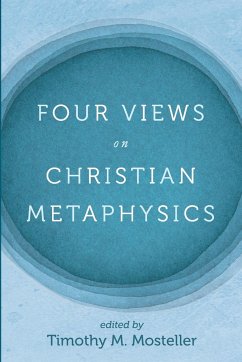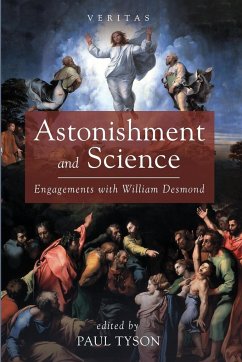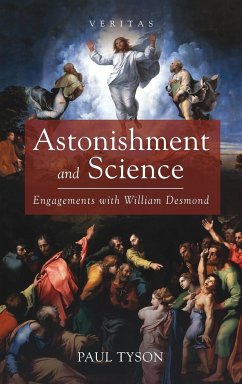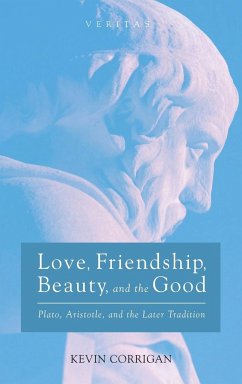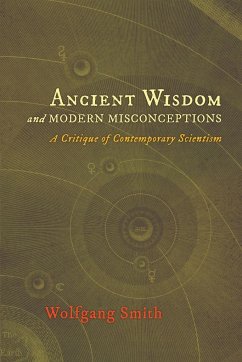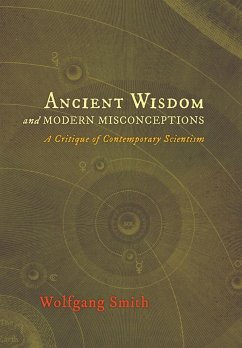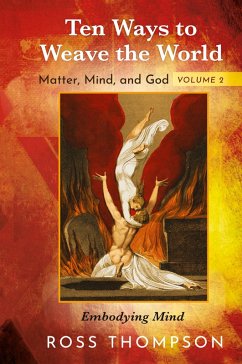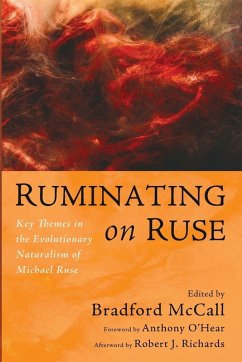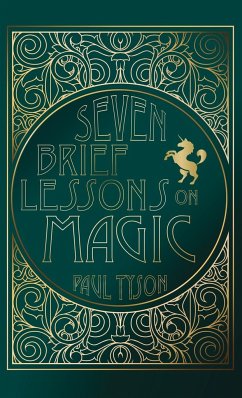
Seven Brief Lessons on Magic
Versandkostenfrei!
Versandfertig in 1-2 Wochen
29,99 €
inkl. MwSt.
Weitere Ausgaben:

PAYBACK Punkte
15 °P sammeln!
Is magic real? Could anything be real that can't be quantified or scientifically investigated? Are qualities like love, beauty, and goodness really just about hormones and survival? Are strangely immaterial things, like thought and personhood, fully explainable in scientific terms? Does nature itself have any intrinsic value, mysterious presence, or transcendent horizon? Once we ask these questions, the answer is pretty obvious: of course science can't give us a complete picture of reality. Science is very good at what it is good at, but highly important aspects of human meaning are simply out...
Is magic real? Could anything be real that can't be quantified or scientifically investigated? Are qualities like love, beauty, and goodness really just about hormones and survival? Are strangely immaterial things, like thought and personhood, fully explainable in scientific terms? Does nature itself have any intrinsic value, mysterious presence, or transcendent horizon? Once we ask these questions, the answer is pretty obvious: of course science can't give us a complete picture of reality. Science is very good at what it is good at, but highly important aspects of human meaning are simply outside of science's knowledge range. So how might we better relate scientific facts to qualitative mysteries? How might we integrate our powerful factual knowledge with wisdom about the higher meaning of things? This book defines magic as the real qualities and mysteries of the world that science just can't grasp. It looks at how we came to put magic in the box of subjective make-believe. It explores how we might get it out of that box and back into our understanding of reality.




